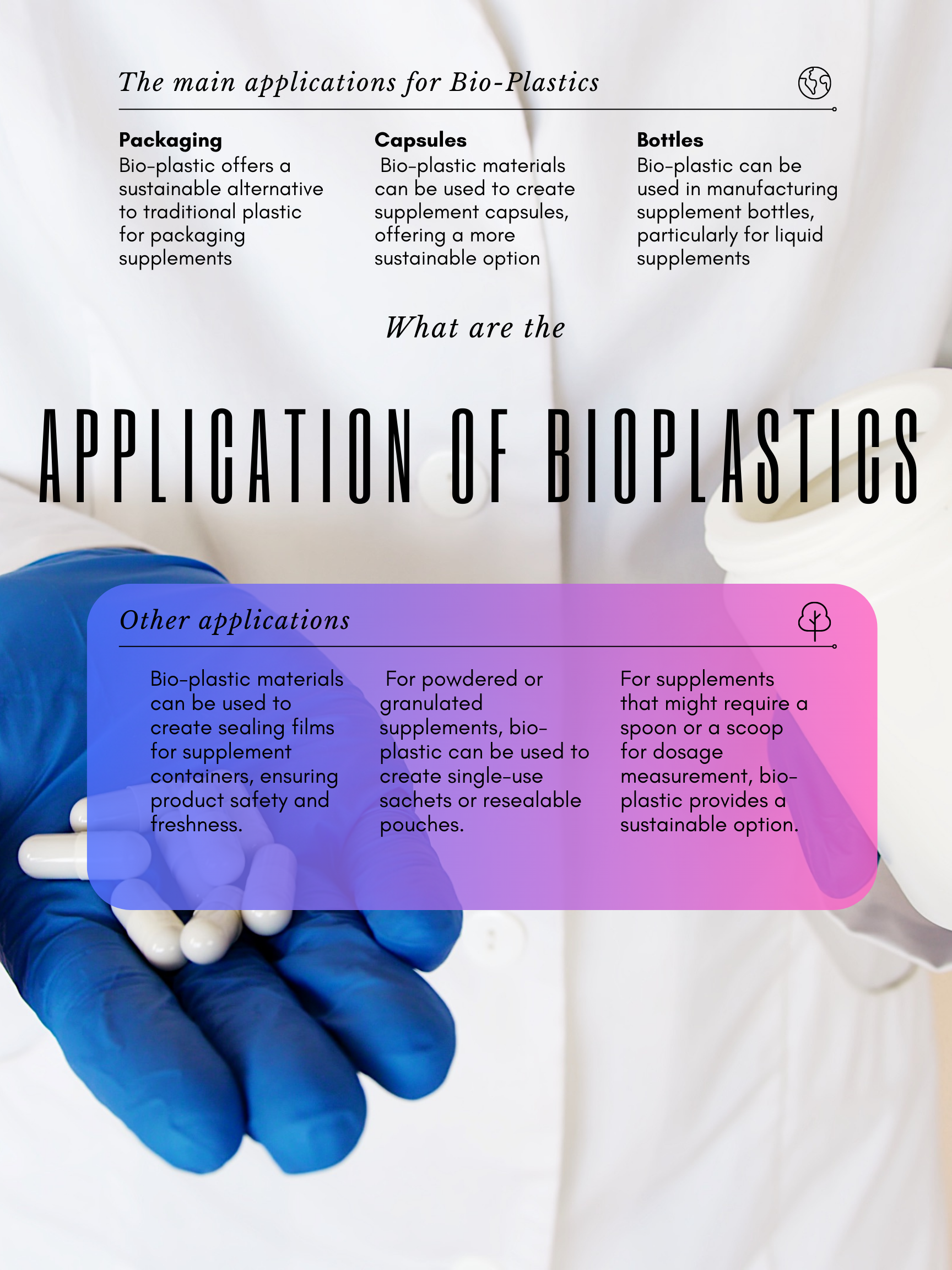Bio-plastic, an innovative product of modern scientific research, marks a significant shift towards sustainable material usage. Bio-plastics consist of renewable raw materials like corn, sugarcane, and cellulose. Their unique bio-transformative property offers a viable alternative to traditional petroleum-based plastics. Which notoriously harm the environment due to their long degradation process.
This article will explore bio-plastic essence, potential benefits, and anticipated transformative impact on the supplement industry.
What is Bio-Plastic?
Bio-plastic represents a broad range of materials primarily derived from biomass sources such as plants. Researchers design these innovative materials to mimic the properties of traditional plastics but with a crucial difference. They can undergo bio-transformation under specific environmental conditions. This characteristic separates bio-plastics from their conventional counterparts, offering a sustainable solution to the rampant plastic waste problem.
These novel materials vary considerably in their properties and applications. Some bio-plastics, such as Polylactic Acid (PLA), serve as an excellent materials for packaging, replacing petroleum-based materials like polyethylene terephthalate (PET). Other bio-plastics, including Polyhydroxyalkanoates (PHA), find extensive usage in agriculture and the medical industry due to their bio-transformative and biocompatible characteristics.
Potential Benefits of Bio-Plastic
Bio-plastics come with a plethora of benefits, especially when it comes to environmental sustainability. They significantly reduce reliance on fossil fuel resources for plastic production, driving down carbon emissions. They also offer a practical solution to the issue of plastic waste, given their capacity for bio-transformation.
Using bio-plastics contributes to a circular economy, where the end of one product’s life cycle can initiate another’s. In this model, waste doesn’t merely disappear; it transforms and reintegrates into the ecosystem, promoting resource efficiency and minimizing environmental impact.
Moreover, bio-plastic production often promotes rural development and job creation, as many raw materials, such as corn and sugarcane, come from agricultural sources. This economic benefit is another crucial aspect of bio-plastic potential.
Impacts on the Supplement Industry
The supplement industry, a rapidly growing sector in health and wellness, stands to gain significantly from bio-plastic. The industry, like many others, traditionally relies on petroleum-based plastic for packaging its various products, from vitamins to protein powders. However, the adoption of bio-plastic offers not only an eco-friendly alternative but also an opportunity to rebrand and align with the increasing consumer demand for sustainability.
Bio-plastic packaging in the supplement industry can ensure product safety and quality while reducing environmental footprint. For instance, using PLA for supplement packaging can maintain the product’s freshness while ensuring the packaging material can undergo bio-transformation post-use.
Furthermore, the use of bio-plastic can help supplement companies differentiate themselves in a crowded market, appealing to the growing segment of eco-conscious consumers. This commitment to sustainability could potentially increase brand loyalty and customer retention, benefiting businesses.
Plastic IQ Technology refers to your brand’s oxo-biodegradable plastic, which incorporates additives that induce the plastic to degrade after exposure to oxygen, heat, and light. This process involves breaking the plastic into small fragments and then further degrading it into water, carbon dioxide, and biomass under suitable environmental conditions.
On the other hand, traditional bio-plastics are made from renewable sources like corn, sugarcane, and cellulose, and they can undergo bio-transformation in specific environments. However, their degradation can sometimes be challenging, as certain bio-plastics require industrial composting facilities to break down effectively. In contrast, Plastic IQ Technology is designed to degrade in a broader range of environments, offering a more flexible solution.
Why Plastic IQ™ Technology Is Superior
The superior advantage of Plastic IQ Technology, as used in Biobottles™, lies in its versatility and efficiency. Here are a few key reasons:
- Broad Environment Degradability: Biobottles™ with Plastic IQ™ Technology can degrade in various environments, not solely in industrial composting facilities, as some bio-plastics require. This flexibility makes Plastic IQ™ a more adaptable and effective solution in various scenarios.
- Controlled Lifespan: With Plastic IQ™ Technology, you can control the lifespan of Biobottles™ based on the additive mixture used during production. This allows for a more precise and customizable approach to plastic degradation, which is not typically possible with traditional bio-plastics.
- Recyclable: Unlike some bio-plastics, Biobottles™ made with Plastic IQ™ Technology can be recycled with conventional plastic waste. This compatibility with existing recycling systems further reduces environmental impact.
- Cost-Effective: The production of bio-plastics can often be more expensive due to the cost of renewable resources and the production process. In contrast, Plastic IQ™ Technology offers a cost-effective alternative, making it a financially viable option for widespread use.
Advantages of Biobottles™
Biobottles™ , produced using Plastic IQ™ Technology, offer several significant advantages:
- Environmental Sustainability: Biobottles™ can degrade into non-toxic substances, reducing plastic waste and the associated environmental impact.
- Customizability: The degradability timeframe of Biobottles™ can be adjusted to suit specific needs, offering an adaptable solution.
- Recyclability: Biobottles fit seamlessly into existing recycling streams, promoting circular economy principles.
- Versatility: They can be used in various industries, including the supplement industry, for packaging products, offering a sustainable alternative to traditional plastic bottles.
While both Plastic IQ™ Technology and bio-plastics aim to mitigate the environmental impact of plastic waste, Plastic IQ™ Technology, as used in Biobottles™, offers a more versatile, efficient, and adaptable solution, a superior choice for eco-conscious businesses and consumers.
Conclusion
Supplement companies can leverage the bio-plastic revolution to foster innovation. For example, developing edible or dissolvable bio-plastic capsules can revolutionize how consumers take dietary supplements. Such advancements could reduce packaging waste and enhance the user experience, creating a win-win situation for both the environment and consumers.
In conclusion, bio-plastic presents a groundbreaking opportunity for a more sustainable future, particularly in sectors like the supplement industry. Embracing bio-plastic makes environmental sense and aligns with an evolving business landscape where sustainability, innovation, and consumer preferences increasingly dictate success. As the world grapples with environmental challenges, adopting solutions such as bio-plastics becomes ever more critical. Through the adoption of bio-plastic, the supplement industry has a golden opportunity to contribute positively towards this global change. By making the switch, this industry can embody the much-needed shift towards sustainable practices, showing that profitability and environmental responsibility can indeed go hand-in-hand. Through such measures, the supplement industry can play a pivotal role in creating a sustainable, eco-friendly, and health-conscious future.


